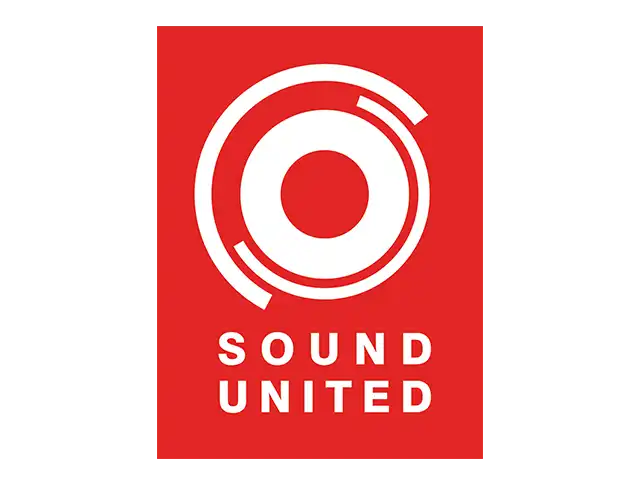Why is Payroll Management More Challenging?
Payroll management refers to the process an organization applies to determine the bonuses, welfare structures, and forms of compensation that all employees should receive for the services they provide. In this process, the enterprise makes decisions on the salary level, welfare system, allowance structure, and salary composition of special employee groups. At the same time, as a continuous organizational process, the company must continue to formulate salary plans and recruit plans.
Payroll management is a difficult problem for almost any organization, mainly because the salary management system of an enterprise needs to maintain the balance between fairness, effectiveness, and legality. There are growing numbers of factors to consider when deciding on a payroll system. In addition to the basic economic affordability of the enterprise and government laws and regulations, it also involves the strategy of the enterprise in different periods, internal talent positioning, external talent market and field competition, and the employer's strategy.
What Should Be Included in Payroll Management?
The typical payroll comes into four forms:
- Basic salary: the basic cash compensation paid by the employer for the workload taken by the employee, which is the reflection of the value of skills or job difficulty. However, it may ignore the individual differences among employees. The basic salary can be adjusted based on the overall standard of living or inflation, the further enrichment of the employee’s experience, the improvement of employee’s performance, and the enhancement of skills;
- Performance pays: the recognition of previous work behavior and achievements. As an addition to the basic salary, performance pays are often adjusted in response to the employee’s performance;
- Incentive salary: incentive salary is also related to employee’s performance, and it is also regarded as variable wages, including short-term and long-term incentive salary. Short-term incentive salary is usually applied under specific performance situations, while long-term incentive salary focuses on the long-term goals of the organization such as employee return, market share, and net asset income.
- Other benefits and welfares: these may include holidays and vacations, job-related support (medical allowance, staff canteen support, etc.), holiday rewards, and insurances. And it is becoming more popular and important in the payroll services.
Consider Outsourcing Your Company's Payroll Management?
Who Should Consider Outsourcing Their Payroll Management?
There are many reasons that a company chooses to outsource their payroll management and even the whole Human Resources department to third-party professional service providers. In general, the following types of companies will prefer to partner with payroll service agencies than building their own in-house team:- Start-up companies or small and medium-sized enterprises: for a company employing only dozens of people, it is becoming more difficult for them to hire their own human resource managers due to the cost limitation, especially when managing payroll is included. It can be a waste of time and put more labor burden on the operation of the company.
- Branch companies in China of an overseas company: when designing payroll system, it is important to consider the local laws and regulations, which can be different from that in the country of the overseas headquarters. In this case, companies tend to work together with a local agency for a better understanding of local requirements.
- Companies with high employee turnover: companies in the industry of retailers, insurance selling, and general labor could employ thousands of staff who work in different types of contracts, such as unfixed term contracts, short-term contracts, long-term contracts, or just verbal agreements, which cannot be handled by only a few payroll specialists. Partnering with payroll management agencies will help cut the cost.
What Are the Benefits of Outsourcing Payroll Management?
When you choose to outsource payroll management, you will find out that you not only save a great amount of money to hire in-house staff to handle the whole system, but also the valuable time and energy to operate your business and pursue your success. You can also get real-time data and always inspect the progress of:- Corporate Management: get comprehensively integrated information of management and personnel needs, multi-dimensional analysis, index evaluation, and multi-dimensional decision-making information to back your planning your corporate strategic goals;
- Human resource: access to full-scale management of personnel, salary, attendance, shift scheduling, and other related matters, which can assist the enterprises to construct management mechanisms according to their business objectives and formulate talent development strategies;
- Staff Performance: individual information and related statistics data are available anytime, including attendance, performance track, and development path of your employees, and help you design the suitable improvement path for your staffs;
What can Hongda Help with The Payroll Management?
Hongda can help you handle the daily work of managing your employees and the payroll system on your behalf to save your time and budget.
- Calculate monthly salary, including basic salary, performance pays and other benefits;
- Provides payroll details, variance analysis reports and payroll accounting entries;
- Pay monthly salary to employees to their bank accounts;
- Bank statement and transfer history recording;
- Provide detailed list of monthly salary to employees;
- Provide annual statements and appendices;
- Calculation of statutory benefits remuneration under related laws and regulations;
- Preparation and filing of employer tax returns;

